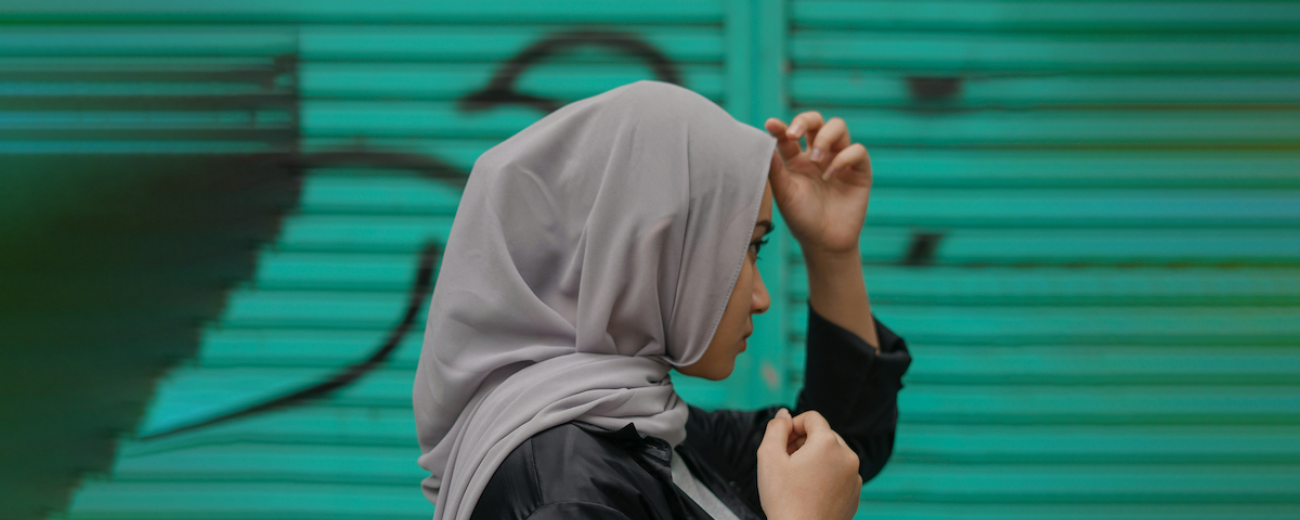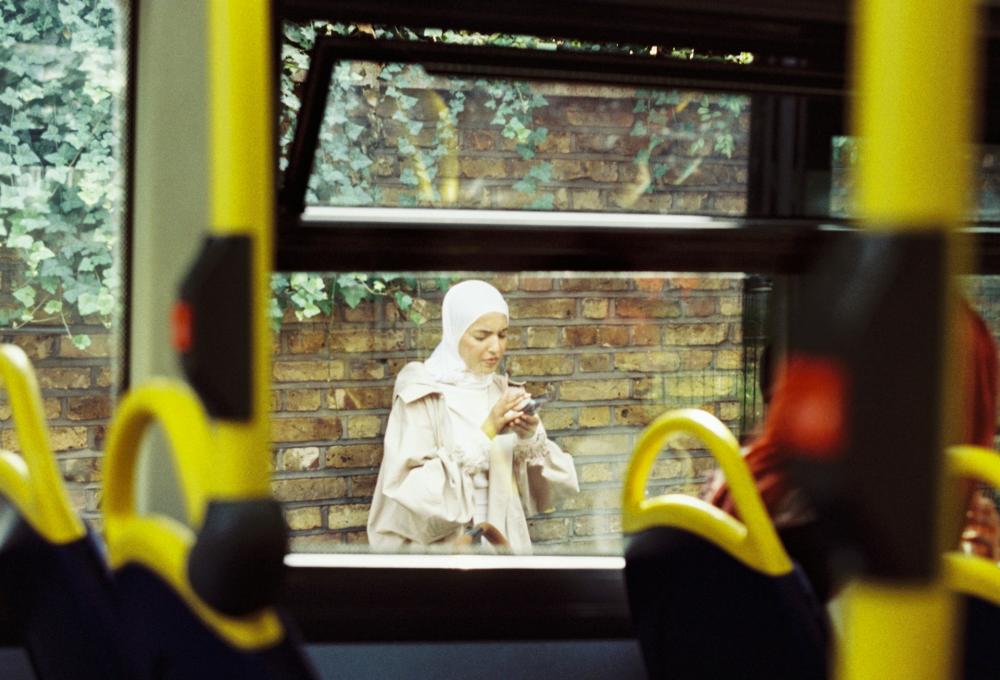What fuels Islamophobia? A perspective for World Hijab Day


For World Hijab Day, Ayat El-Deen explores new SOAS research that offers a nuanced and reformed perspective on Islamophobia and how the hijab is often used in discriminatory narratives.
The interplay of pleasure, desire, and anxiety plays a significant part in fuelling Islamophobia, argues SOAS researcher Dr Ben Whitham. Ben challenges conventional beliefs surrounding Islamophobia in his new research titled ‘Political, Colonial, and Libidinal Economies of Gendered Islamophobia’. The research will be published in a forthcoming book, ‘The Palgrave Handbook of Gendered Islamophobia’ edited by Amina Easat-Daas and Irene Zempi.
The interplay of pleasure, desire, and anxiety plays a significant part in fuelling Islamophobia.
The research examines the story of British Muslim women, drawing on examples of media reporting of Shamima Begum, to show how they contribute to the libidinal economy, perpetuating anxiety and reinforcing stereotypes. This could be through the sexualisation or desexualisation of Muslim dress or lack thereof, whichever feeds the narrative at hand.
Desire vs anxiety
The concept of the ‘libidinal economy’ is a theory rooted in psychoanalysis, exploring the interplay of pleasure, desire, and anxiety.
"Libidinal" does not only pertain to sexual desire but encompasses a broader range of desires and energies that drive human behaviour. The concept is often used to analyse and critique social structures and power dynamics and helps us examine how desires shape our relationships with ourselves, others, and the world around us.
Islamophobia is racism
Ben primarily argues that Islamophobia is not merely an issue of religious discrimination but rather a form of racism deeply embedded in society.
Using examples from media articles about Shamima Begum, Ben points out a tabloid newspaper’s language, used to provoke a negative association with Begum’s clothing and the changes in her clothing.
The newspaper first highlights Begum’s “black hijab” then her later “softer hijab” and finally they write “hijab out, shades in”, even pointing out her makeup to claim that Begum went through a “Love Island makeover” to transition herself away from looking like a “terror bride”.
The research challenges the claims by some politicians and columnists that Islamophobia is nothing more than a legitimate criticism of Islam.
Ben’s research highlights that Islamophobic challenges are often established by misconceptions and falsities upheld by far-right groups and supporters. He underscores the importance of dialogue and education in dispelling stereotypes and fostering a society that values diversity and inclusivity.
The research challenges the claims by some politicians and columnists that Islamophobia is nothing more than a legitimate criticism of Islam. Ben argues how such discrimination goes beyond religious beliefs.
On World Hijab Day, it’s important to flag how the issues, like libidinal economy, raised in Ben’s research should encourage a nuanced and reformed perspective on Islamophobia, and by virtue of that, the hijab too.
Header image credit: Nada via Unsplash.
About the author
Ayat El-Deen is the External Communications Officer at SOAS University of London.



